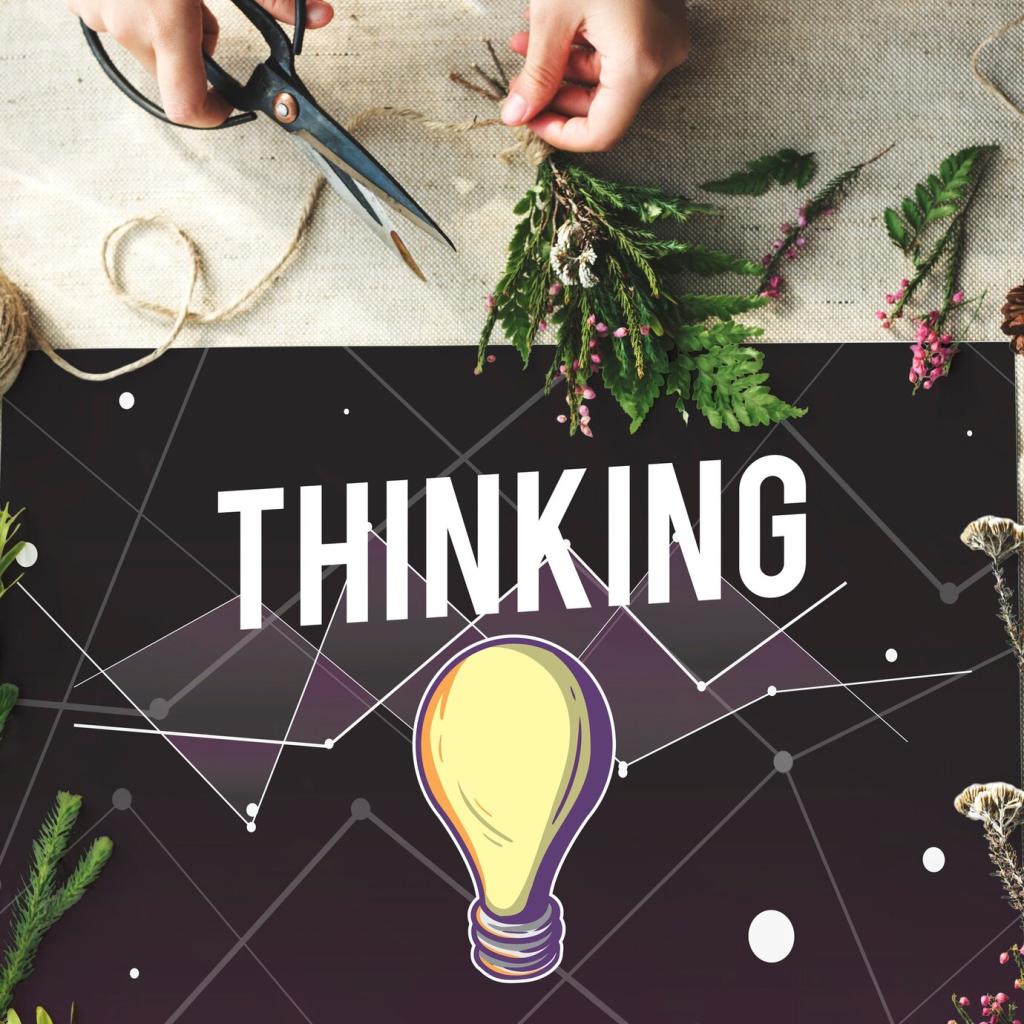Rewrite the Script: Language That Lifts
Swap “I must nail this” for “I will deliver value and learn out loud.” Replace rigid standards with measurable increments. Progress framing reduces avoidance and invites feedback earlier. Ask readers below: what progress phrase motivates you when stakes feel high but perfection would only slow you down?
Rewrite the Script: Language That Lifts
Feelings are data, not directives. Translate “I feel like a fraud” into observable facts: preparation completed, feedback received, results achieved. When facts and feelings clash, give feelings compassion and let facts guide action. Practiced consistently, this becomes a reliable compass instead of a courtroom.







